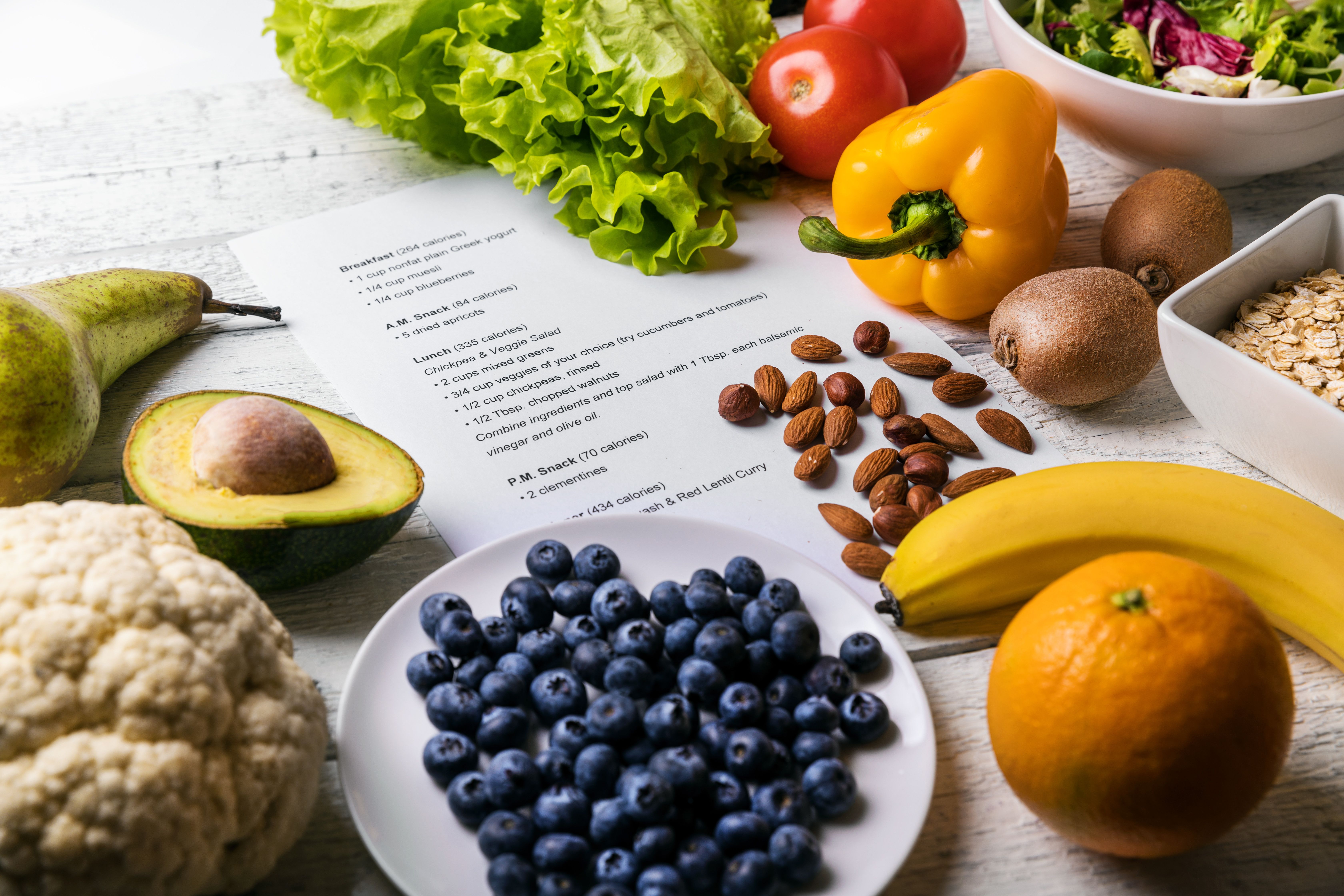The risk of developing hypertensive disorders of pregnancy (HDPs) is reduced by adherence to plant-based diets (PBDs), according to a recent study published in the American Journal of Obstetrics & Gynecology.
Takeaways
- Plant-based diets (PBDs) show promise in reducing the risk of hypertensive disorders of pregnancy (HDPs), according to a recent study.
- PBDs involve consuming vegetables, fruits, whole grains, nuts, seeds, legumes, herbs, and spices while avoiding animal products.
- The study, conducted as a prospective cohort study, evaluated the association between PBD adherence and HDP risk among women with at least one pregnancy after a first diet assessment in 1991.
- Results revealed a 24% reduced risk of HDPs among women with the highest adherence to PBDs, emphasizing the potential benefits of dietary interventions in maternal health.
- While specific food items like fruits, vegetable oil dressing, and fruit juice showed inverse associations with HDP risk, meat intake was positively correlated, highlighting the importance of dietary choices in mitigating pregnancy complications.
PBDs involve consuming vegetables, fruits, whole grains, nuts seeds, legumes, herbs, and spices while avoiding animal products. Interest in PBD has risen over time, as data has indicated associated health benefits such as decreased cardiovascular disease, type 2 diabetes, obesity, and premature mortality risks.
Approximately 5% to 10% of pregnancies are impacted by HDPs, which are life-threatening conditions and are associated with neonatal mortality. While data has indicated a reduced risk of HDPs from dietary patterns with increased intake of fruits, vegetables, nuts, legumes, whole grains, fish, and vegetable oils, there is little data about the impact of PBDs on HDP risk.
Investigators conducted a prospective cohort study to evaluate the association between PBD adherence and HDP risk. Participants included women with at least 1 pregnancy after a first diet assessment in 1991.
Exclusion criteria included multiple gestation, pregnancy ending before 20 weeks’ gestation, delivery before 20 weeks’ gestation, missing maternal age at pregnancy, chronic diseases before pregnancy, and missing or implausible diet information. Demographic, medical, and reproductive data was self-reported.
From 1991 onward, a validated semiquantitative food frequency questionnaire (FFQ) evaluating consumption of 131 foods and beverages in the prior year was used to assess diet. Responses about consuming food items in the FFQ ranged from never or less than once per month to 6 or more times per day.
There were 3 categories of PBD index (PDI) scores created: overall PDI, healthful PDI (hPDI), and unhealthful PDI (uPDI). Self-reported HDP was the primary outcome of the analysis, determined by preeclampsia or gestational hypertension (GHTN). Covariates included height, weight, race and ethnicity, smoking status, multivitamin supplement use, parity, infertility history, and preeclampsia.
There were 16,780 pregnancies included in the analysis, with a mean maternal age of 34.5 years. Of participants, over 90% were non-Hispanic White and approximately 70% were never smokers. Infertility in the follow-up period was only reported by 6.8% of participants, and only 4.6% had a history of preeclampsia.
Women with a higher PDI score were often older, more physically active, had a lower body mass index, married, never smoked, parous, and used multivitamin supplements. Similar trends were observed for hPDI, but patients with a higher uPDI were more often White, had never smoked, and had a history of hypercholesterolemia.
HDPs were reported among 6.2% of pregnancies, with 2.9% being preeclampsia and 3.3% being GHTN. An association was found between PDI adherence and decreased HDP risk, with a 24% reduced risk among women in the highest PDI quintile. This association was similar between preeclampsia and GHTN.
While the intake of any one food item did not significantly impact the link between PDI and HDP, an inverse association was found between fruit, vegetable oil dressing, and fruit juice intake with HDP. In comparison, meat intake was positively associated with HDP.
These results indicated reduced risks of HDPs from PBD adherence. Investigators recommended considering a healthy diet when advising women considering pregnancy.
Reference
Mitsunami M, Wang S, Soria-Contreras DC, et al. Prepregnancy plant-based diets and risk of hypertensive disorders of pregnancy. Am J Obstet Gynecol. 2024;230:366.e1-19. doi:10.1016/j.ajog.2023.07.057

